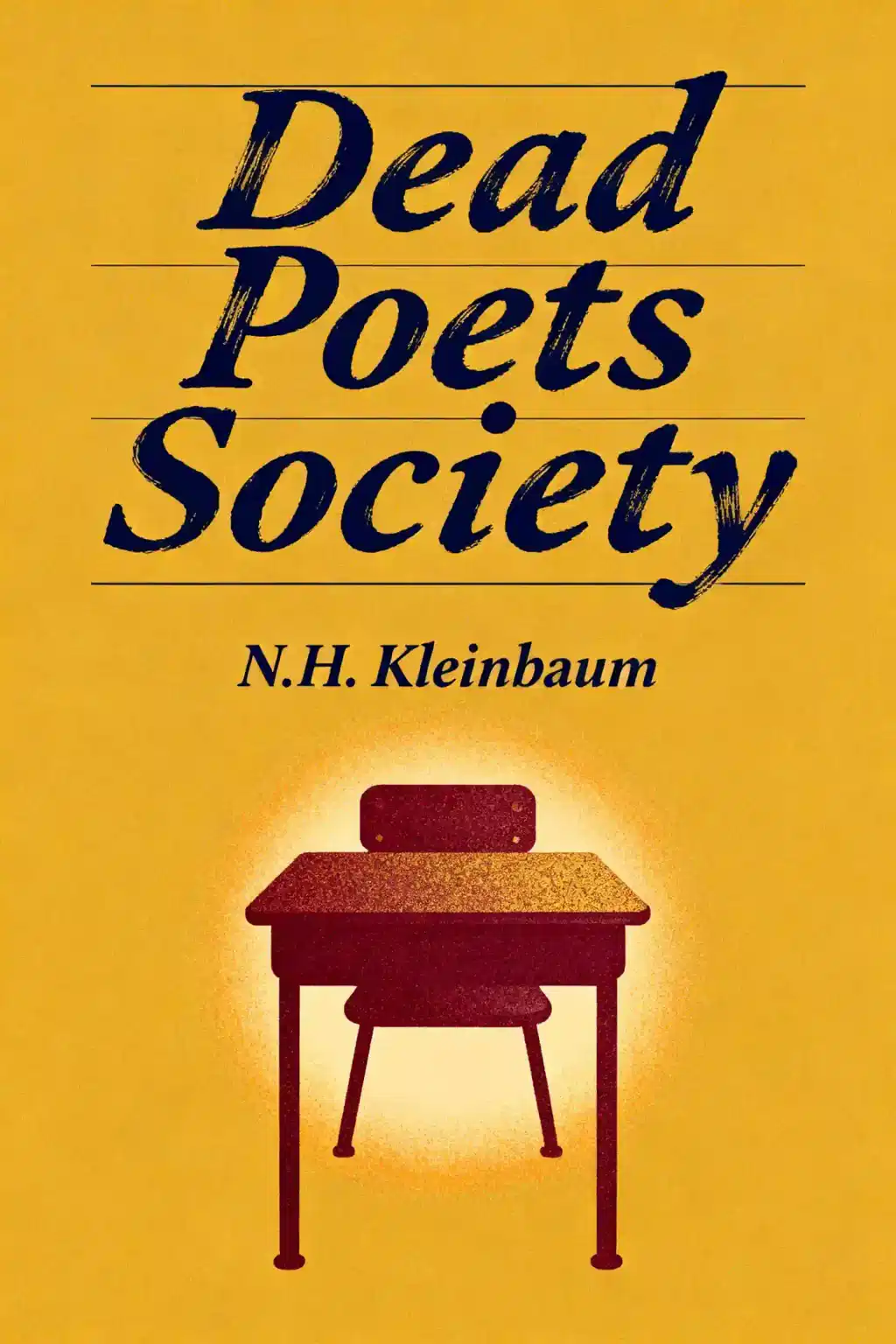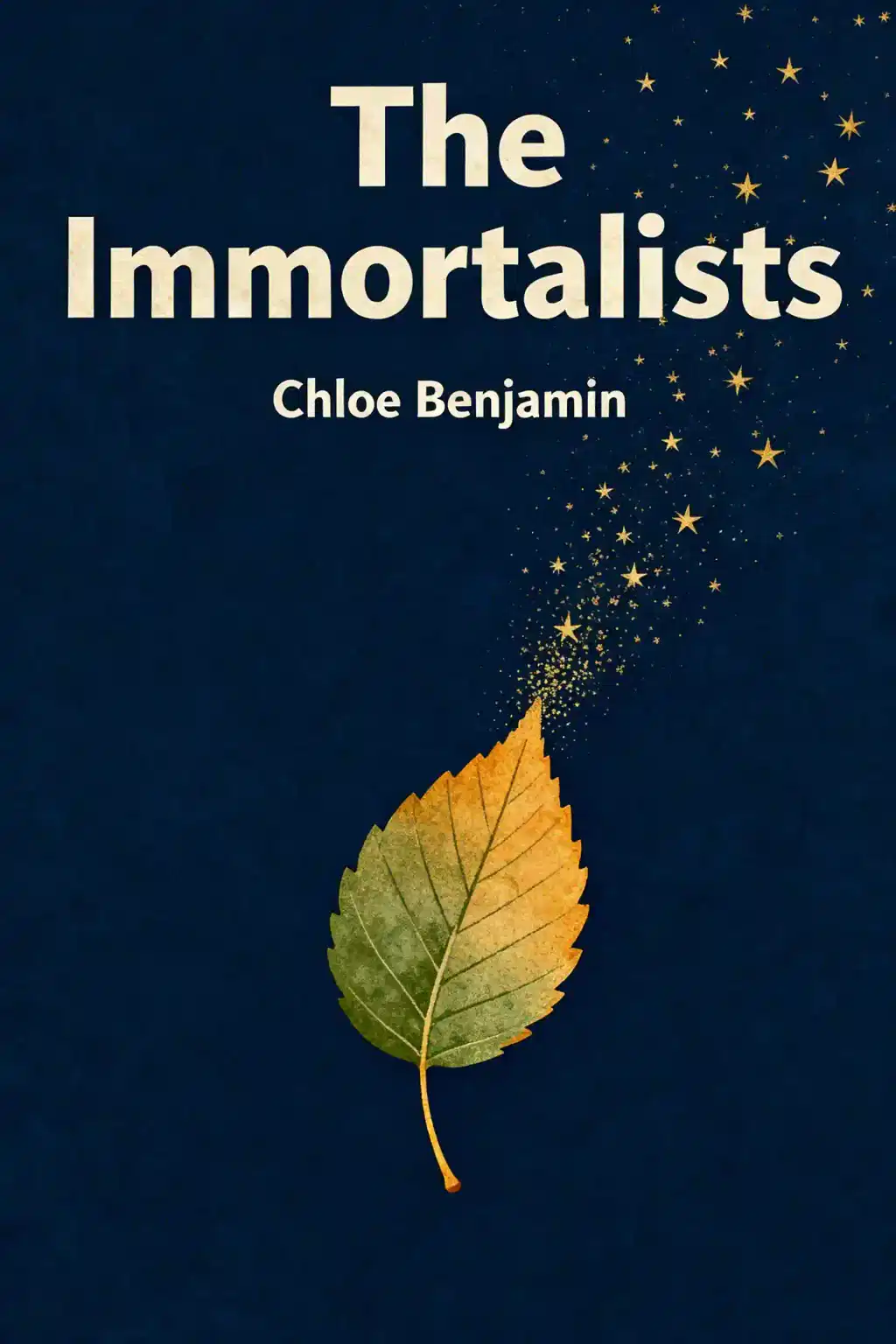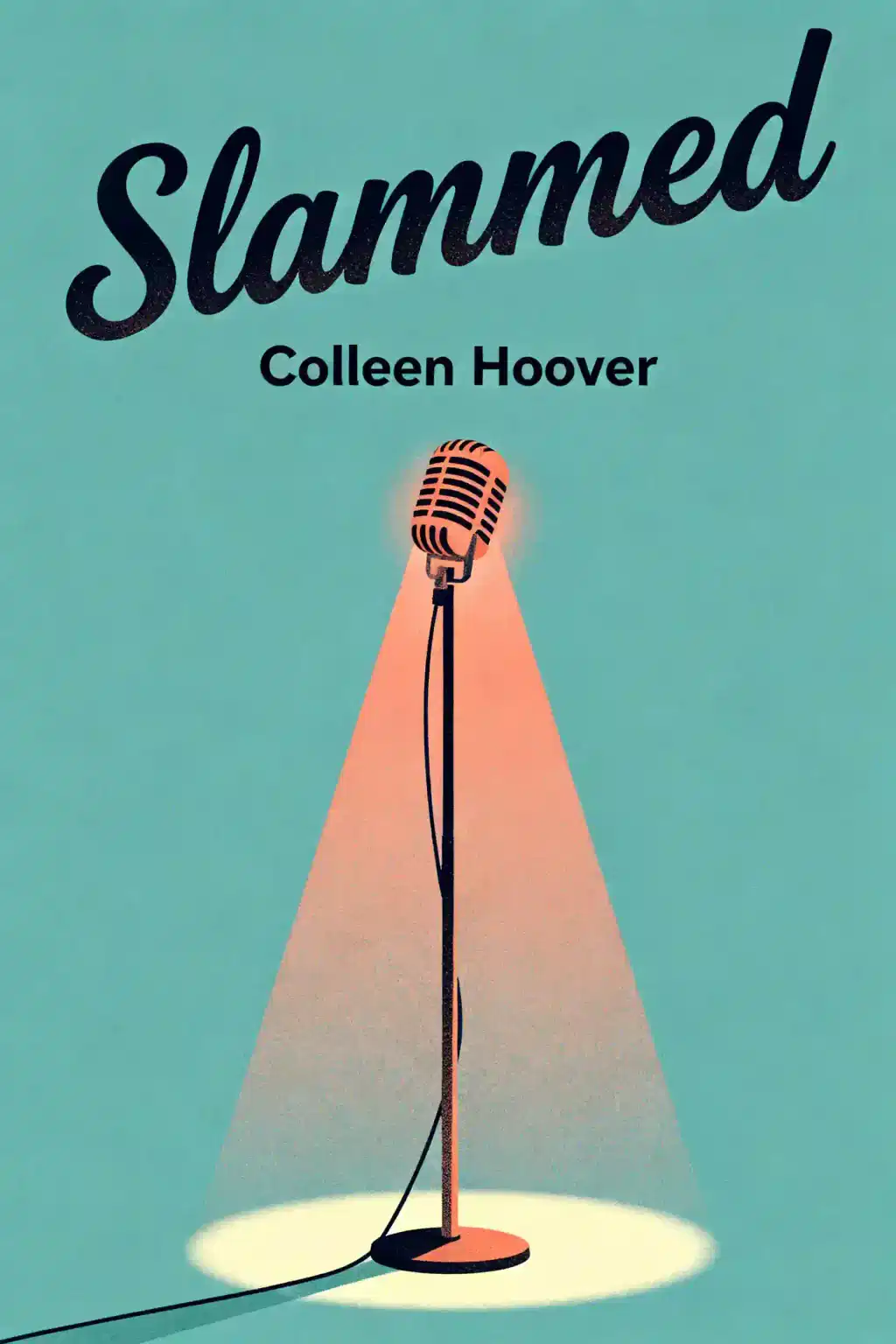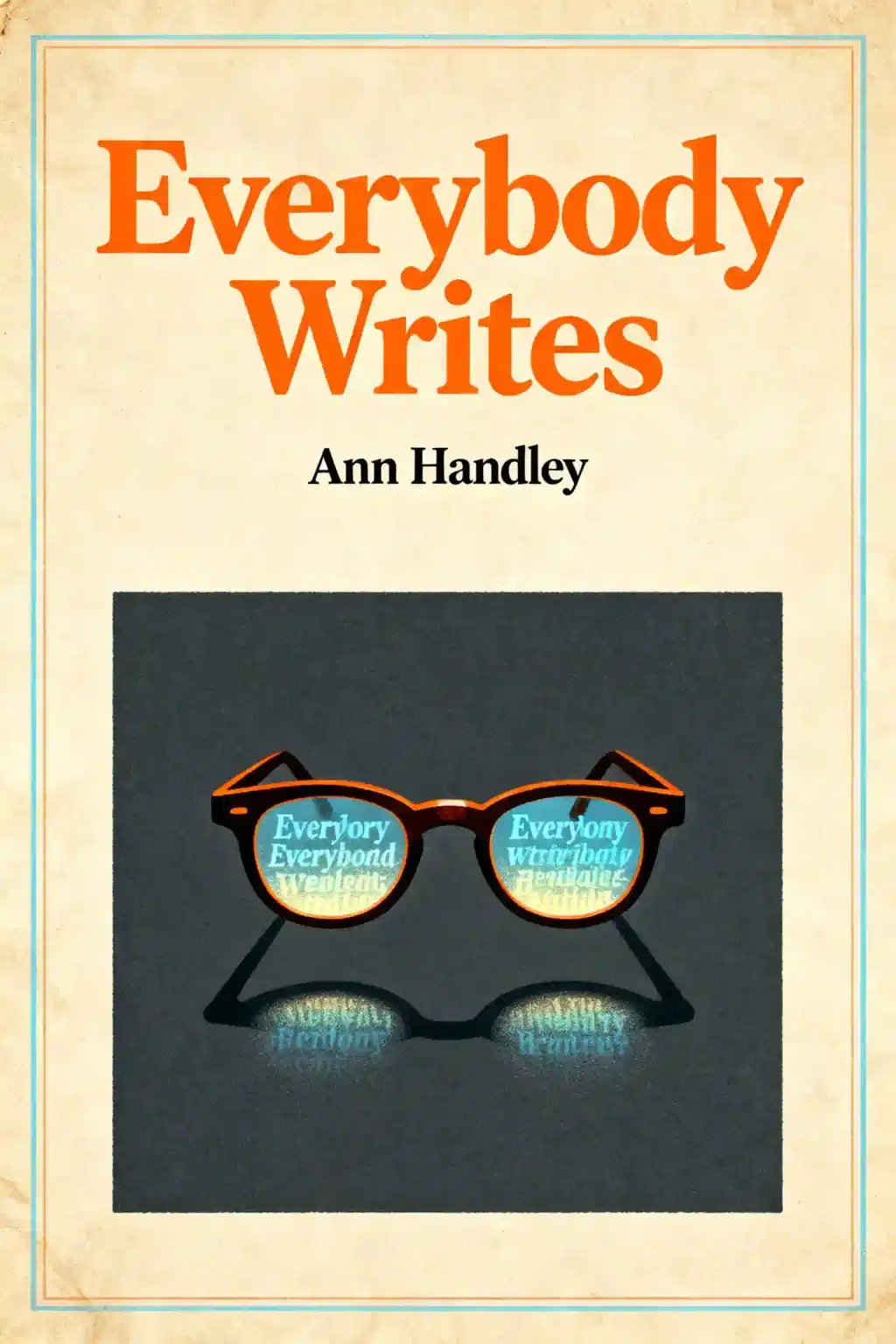What is Dead Poets Society by N.H. Kleinbaum about?
Dead Poets Society follows a group of students at Welton Academy, an elite 1950s boarding school, who are inspired by their unconventional English teacher, John Keating, to embrace poetry and think independently. The boys revive a secret club called the Dead Poets Society, meeting in a cave to read poetry and pursue their passions. Their journey explores the conflict between conformity and self-expression, ultimately leading to life-changing consequences.
Who is N.H. Kleinbaum and why did she write Dead Poets Society?
Nancy H. Kleinbaum, born in 1948, is an American author who wrote Dead Poets Society as a novelization published in June 1989. Kleinbaum crafted the novel to explore non-conventional teaching methods and their impact on students' lives. Her accessible prose and attention to detail create an emotionally resonant story that examines education, individuality, and personal growth through the transformative experiences at Welton Academy.
Who should read Dead Poets Society by N.H. Kleinbaum?
Dead Poets Society is ideal for young adults, educators, and anyone grappling with conformity versus authenticity. Readers interested in inspirational teacher stories, coming-of-age narratives, and the power of literature will find it particularly compelling. The novel resonates with those facing pressure from family or institutions, students seeking their voice, and anyone exploring themes of friendship, loyalty, and the courage to pursue their passions despite societal expectations.
Is Dead Poets Society by N.H. Kleinbaum worth reading?
Dead Poets Society is a profoundly moving work that has left an indelible mark on readers worldwide. The novel masterfully blends emotional resonance with social critique, offering richly developed characters and universal themes that remain relevant. Its exploration of education, individuality, and personal growth creates both an intellectually and emotionally engaging experience. The book's enduring popularity and critical acclaim demonstrate its ability to captivate readers and leave lasting impressions.
What does "carpe diem" mean in Dead Poets Society?
"Carpe diem" means "seize the day" and represents the central philosophy of Dead Poets Society. Mr. Keating introduces this concept on page 25, urging students to take advantage of every opportunity because life is fleeting. Throughout the novel, characters like Knox, Neil, and Todd embrace this principle to pursue their passions—whether chasing love, acting in plays, or overcoming shyness. However, Keating emphasizes that seizing the day means living wisely, not recklessly breaking rules.
What happens to Neil Perry in Dead Poets Society?
Neil Perry, pressured by his authoritarian father to pursue medicine instead of acting, lands the lead role as Puck in "A Midsummer Night's Dream". After a brilliant performance, his father decides to send him to military school, crushing Neil's dreams. Unable to cope with his father's control and seeing no way out, Neil tragically commits suicide using his father's pistol while wearing his Puck crown. His death triggers a school investigation that ultimately destroys the Dead Poets Society.
What are the main themes in Dead Poets Society by N.H. Kleinbaum?
Dead Poets Society explores the central conflict between individuality and conformity as students struggle to assert their identities against institutional and parental pressures. The novel emphasizes the transformative power of education and inspirational mentorship through Keating's unconventional teaching methods. Additional themes include:
- The role of poetry and literature as vehicles for self-expression
- The importance of friendship and loyalty
- Personal growth during adolescence
The story underscores how literature can ignite imagination and challenge societal norms.
How does the Dead Poets Society club work in the book?
The Dead Poets Society is a secret club that Mr. Keating founded as a student, where boys met in a cave near school grounds to read poetry aloud. Neil Perry revives the society after discovering it in an old school annual, gathering Todd, Knox, Charlie, Cameron, Pitts, and Meeks. The group meets regularly in the cave, taking turns reading poetry and embracing "carpe diem" philosophy. The club becomes a sanctuary where students escape constraints and expectations, freely expressing themselves through literature.
What is the setting and historical context of Dead Poets Society?
Dead Poets Society is set in 1959 at the fictional Welton Academy, an elite all-boys preparatory school in Vermont. The conservative, academically rigorous environment emphasizes discipline, tradition, and conformity, reflecting late 1950s American values. This historical period prioritized academic achievement, career success, and adherence to social norms. The novel captures the tension between these traditional expectations and the emerging desire for individuality and self-expression that would characterize the 1960s counterculture movement.
Why does Mr. Keating get fired from Welton Academy?
After Neil Perry's suicide, Welton Academy launches a school-wide investigation to find a scapegoat and avoid closure. Headmaster Nolan blames Mr. Keating and the Dead Poets Society for corrupting the students. Cameron, a rule-follower, confesses first and convinces other students that they'll be expelled unless they cooperate. The Dead Poets are coerced into signing a document accusing Keating of inspiring Neil's rebellion, with Todd's parents forcing him to comply. Keating is ultimately fired despite the students' support.
What is the significance of Todd Anderson's character arc in Dead Poets Society?
Todd Anderson begins as a shy, fearful new student who walks unnoticed and struggles to express himself. Initially, he's too afraid to read poetry aloud in the Dead Poets Society meetings. Through Mr. Keating's encouragement, Todd overcomes his insecurity and writes a poignant poem, discovering his voice. By the novel's end, Todd shows the most emotional response to Neil's death and courageously resists signing the document against Keating until his parents force compliance. His transformation embodies the novel's theme of finding one's authentic voice.
What are the criticisms of Dead Poets Society by N.H. Kleinbaum?
While Dead Poets Society is widely beloved, some readers critique the tragic resolution as unnecessarily dark, questioning whether Neil's suicide was the only narrative path to illustrate conformity's dangers. Critics also note that the novel romanticizes rebellion without fully exploring the consequences of reckless behavior, as seen in Charlie's expulsion. The female characters are largely absent or underdeveloped, limiting the story's perspective. Additionally, some argue that Mr. Keating's methods, while inspiring, lack practical guidance for students navigating real-world constraints and authority figures.















